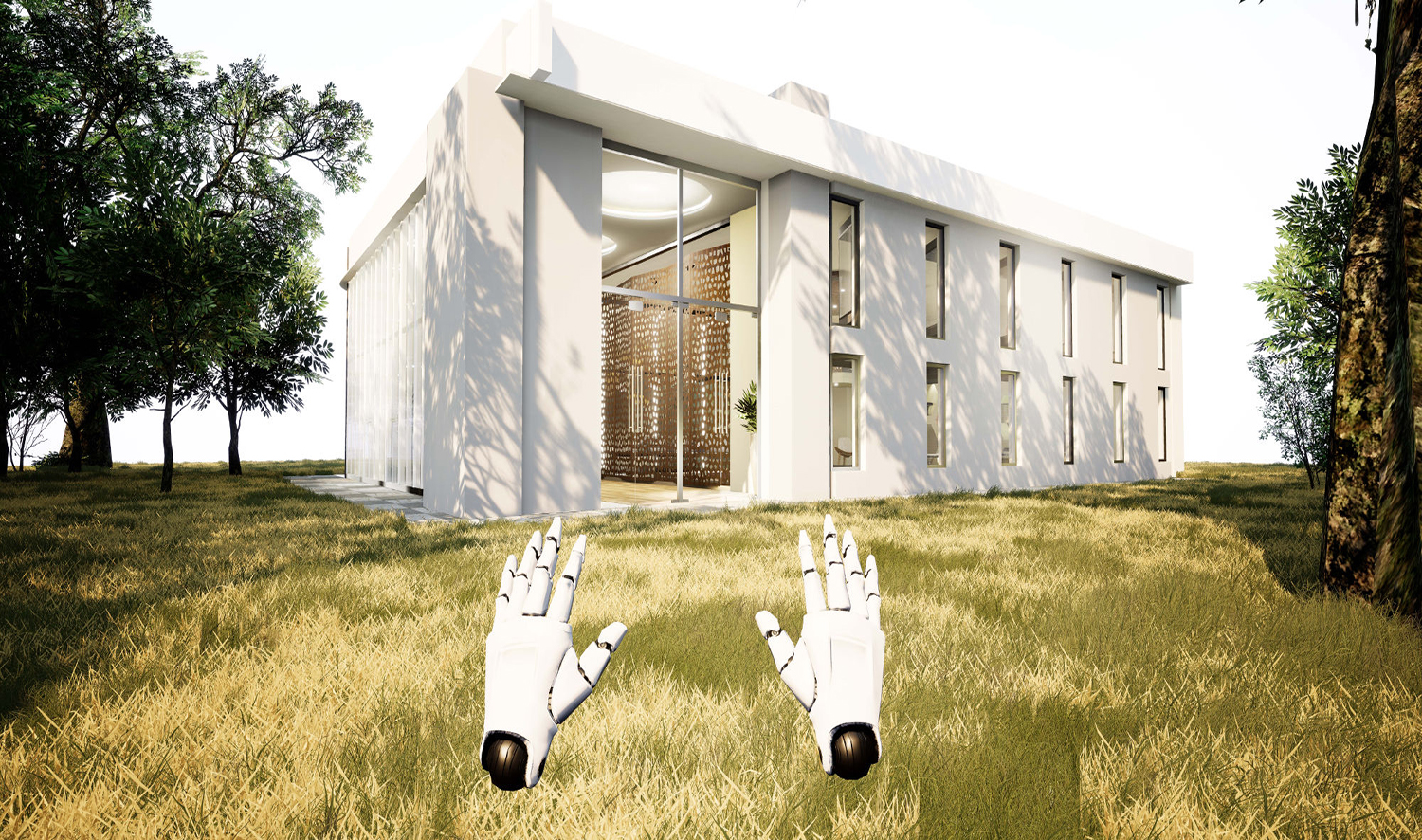VR adoption and applications for the Real Estate Industry

VR adoption in the real estate industry.
Rapid adoption of Virtual Reality (VR) technologies is imperative to succeed in the Real Estate Industry. Modern real estate agencies are providing their customers with VR headsets allowing them to take virtual tours of several properties. VR technology opens the possibility to create artificial environments generated by a software based on 3D content (3D Models) that can be can be viewed 24/7 from the convenience of a desktop, or through any VR Headset. The growing adoption of mobile-integrated VR headsets is a factor that will change the dynamics of the real estate market.
Applications of virtual reality for real estate agencies.
Guided virtual tours of properties under construction. Real Estate Agents will benefit greatly by the usage of VR technologies and VR Tools to provide real virtual experiences geared to showcase spaces yet unfinished. Real estate agents can sell their projects and homes from an unfinished stage. This technology is groundbreaking in the real estate industry.
New challenges for the real estate industry.
According to last year’s report of Goldman Sachs in Virtual and Augmented Reality, VR has a great potential to drive consumer purchasing in the real estate industry. This report also estimated an amount of 130k real estate agents by 2020 using VR technologies to promote their properties. The value proposition of advertising home listings through virtual reality is amazing, and thus should be adapted by the industry. Real estate agencies (Commercial and residential real estate agencies) need to embrace these new tools to succeed in the business. Two main elements that the real estate industry need to consider are:
Real Estate Agents sell based on emotion and therefore must increase consumer engagement with potential buyers.
Agents must manage time efficiently. The visits and interaction with potential buyers must take place regardless of geographical boundaries, heavy traffic or displacement limitations.
Virtual reality is suitable to solving both challenges demanded by the Real Estate Industry. To start, virtual reality gives potential buyers the chance to peer around the corner of a virtual space, interacting with great detail with the environment to understanding the real value of a property. Real Estate Agencies are now capable of reducing stress of relocation into a new city, allowing buyers to visualize their properties in real time from any place in the world.








